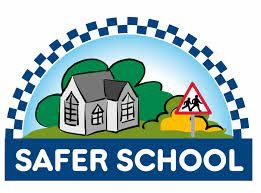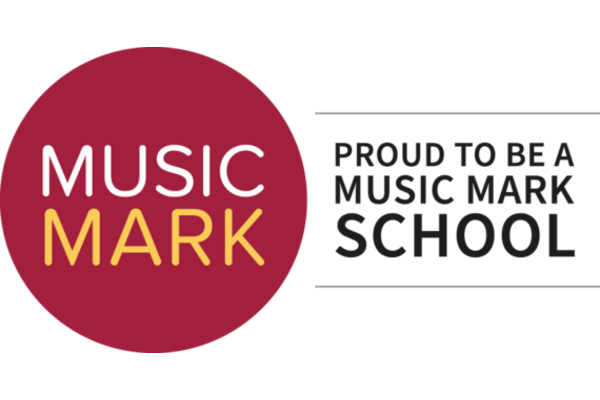We have had a very busy week in Class 5 this week!
English
In English we began the week with our first piece of independent writing; a letter from Lady Macbeth to Macbeth. We then tried a new method of self-assessment, where the children visited ‘editing stations’ around the room, focusing on particular aspects of their work they would like to improve. They then redrafted their work with the edits and improvements in place. Later in the week we did some drama based on Lady Macbeth trying to persuade Macbeth into an evil plan, and the children wrote their own playscripts based on their roleplay. We also looked at using modal verbs and adverbs to indicate degrees of possibility.
Maths
The beginning of the week was based on revision of formal methods of addition and subtraction, and using the inverse to check our answers. We then moved onto long multiplication (Year 6), and estimating and approximating answers (Year 5). We finished the week by applying our learning to solving problems using reasoning. The homework this week will be linked to their learning in maths.
Science
This week we looked at the adaptations that animals and plants have made in order to survive extreme environments. We researched our chosen animal, and described all of the adaptations that animal or creature has made.
Computing
We discussed all of the services that the internet provides, and how we most commonly use it. The children then designed internet ‘adverts’, persuading people to use the internet.
R.E
The children continued learning about Islam this week with Mrs J. They researched the five pillars of Islam in more depth, and held group discussions about their
P.E
In P.E the children have continued with netball on Friday afternoon, and continued their gymnastics theme of ‘travelling’ with Mrs J. This week they created and named their own jump and put it into a sequence to travel across the hall.





